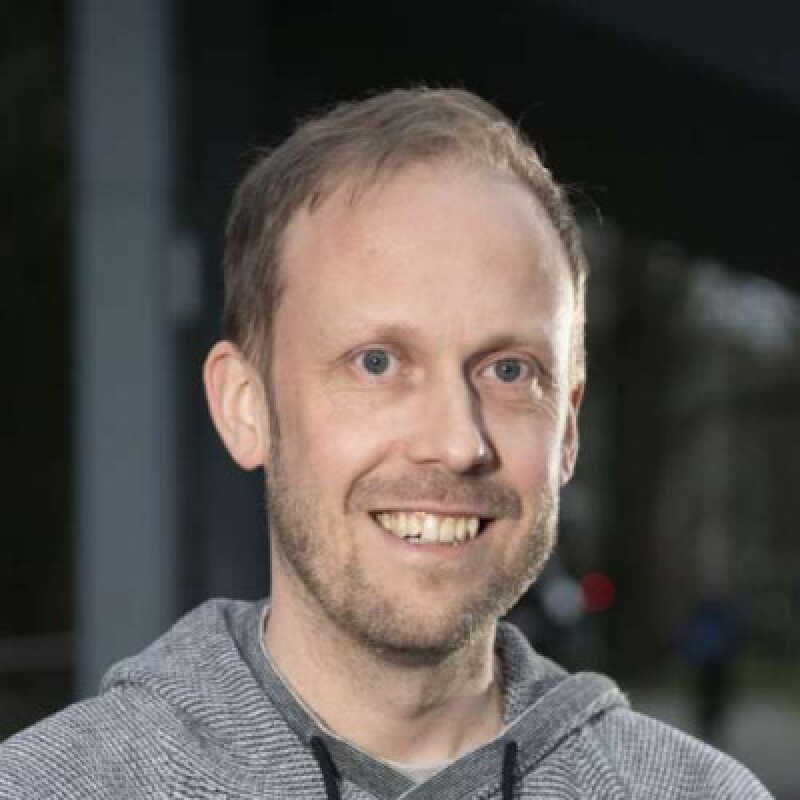- University of Kent
- School of Biosciences
- People
- Professor Ben Goult
Professor Ben Goult
REF Co-ordinator


Ben joined the School of Biosciences in August 2014 where his research group specialises in the structural and biochemical studies of cell-extracellular matrix (ECM) adhesion complexes.
Career
Professor Ben Goult obtained his first degree in Biochemistry at the University of Sheffield in 1998, before embarking on a PhD in the labs of Dr Tim Norwood (University of Leicester) and Professor Lu-Yun Lian (University of Leicester/ Manchester) developing NMR based approaches for drug discovery. Following a 2year postdoctoral position at the University of Manchester he moved to AstraZeneca Alderley Park as a Senior Physical Scientist. In 2005, Ben returned to Leicester to work with Professor David Critchley on the proteins that regulate cell adhesion and migration, in particular the FERM domain containing proteins talin and kindlin; key players in integrin mediated adhesion.
In 2014, Ben moved to the University of Kent to set up his own research group working on structural mechanobiology of talin and how cells can convert physical cues into biological signals. In 2021, Ben proposed The MeshCODE Theory, and his research group is working to understand the mechanical basis of memory in the brain.
I am a structural mechanobiologist and combine structural biology, biochemistry, biophysics and mechanobiology to define the role of how physical and mechanical forces are sensed through cell-extracellular matrix (ECM) adhesion complexes to control cellular processes. I have developed an international reputation for my work on the protein talin, and our work has defined talin as a major mechanosensitive signalling hub. More recently we have discovered that talin has “molecular memory” and so provides organisms with a way to store data, through persistent alterations in protein conformation.
Read our latest work The Mechanical Basis of Memory - The MeshCODE theory.
This theory identifies a binary coding that manages memory in the brain and a physical location for where memories are stored.
Year 2
BI532 Skills For Bioscientists 2
Final Year
BI602 Cell Signalling (Module Convenor)
Loading publications...
Showing of total publications in the Kent Academic Repository. View all publications